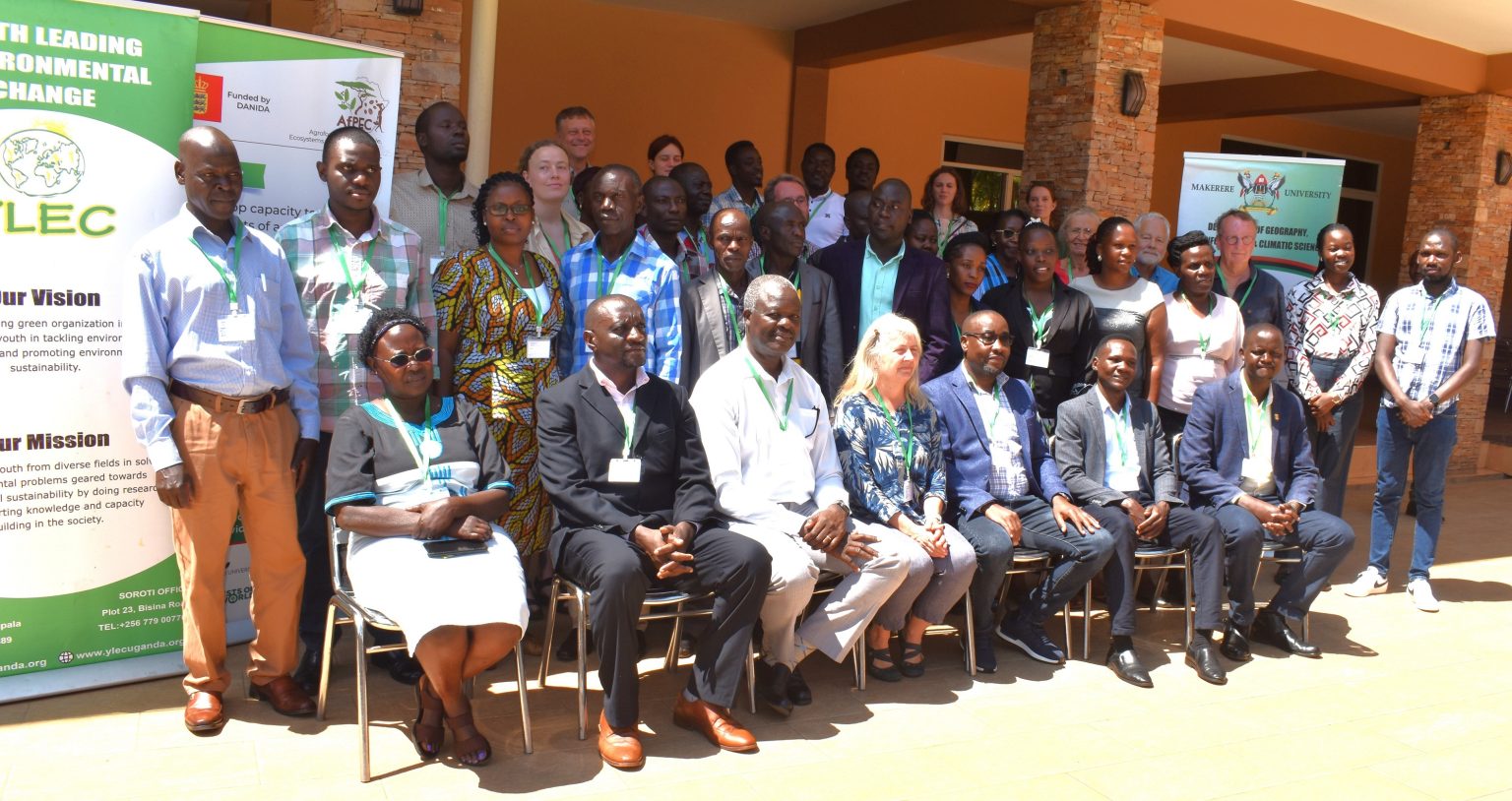
AfPEC (Agroforestry for People, Ecosystems, and Climate) works to document the effects of agroforestry in terms of ecosystem services and livelihood benefits and thereby the potential of agroforestry to fight the two major global crises, climate change and biodiversity loss, and at the same time sustain local communities.
The AfPEC (Agroforestry for People, Ecosystems, and Climate) is funded by DANIDA, a five-year project (March 2024-April 2029) aims to document the effects of agroforestry in terms of ecosystem services and livelihood benefits and thereby the potential of agroforestry to fight the two major global crises, climate change and biodiversity loss. AfPEC also aims to understand what factors motivate coffee farmers to engage in agroforestry and to improve coffee agroforestry in collaboration with local farmers in the Elgon region. Coffee farmers in the region have traditionally with success used agroforestry that protects important water catchments and biodiversity hotspots, but these areas now experience degrading soils caused by external factors such as forest loss, soil erosion and population growth. Changes in climate also affect farming conditions favoring more drought-resistant crops and agroforestry systems with well-developed shade. Under the project, the best suited native tree species and the best practices will be identified and promoted.

Partner institutions: Makerere University, Aarhus University (Department of Ecoscience), University of Copenhagen, Youth Leading Environmental Change (YLEC), Seniors without Borders, Forests of the World, Stjernekommunikation, and Frellsen Kaffe.
The overall PI is Dr Anne Mette Lykke, Aarhus University. At Makerere, the project is coordinated by Prof. John Tabuti from the Department of Environmental Management and Prof Frank Mugagga, from the department of Geography, Geoinformatics and Climatic Sciences
